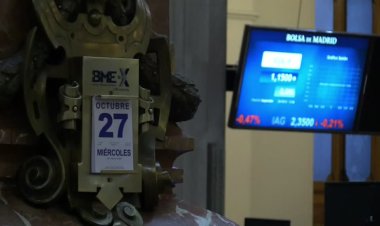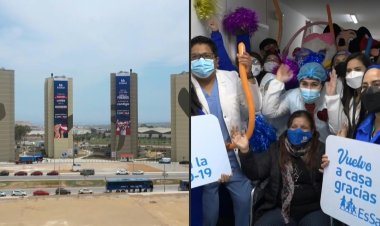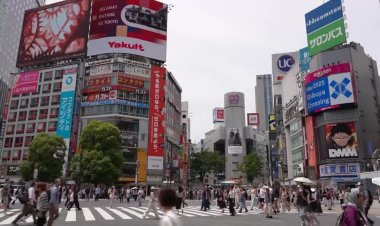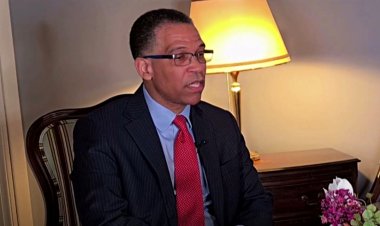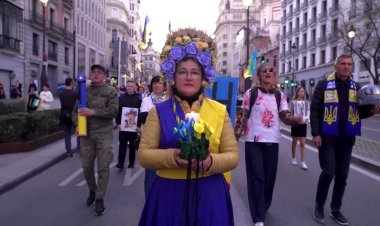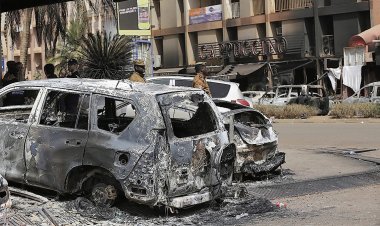Four dead after powerful Japan quake rattles east coast
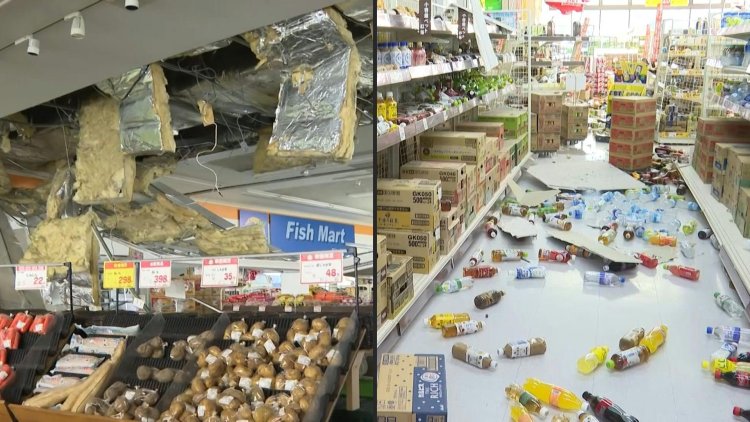
Four people were reported dead and more than 100 injured in Japan on Thursday after a powerful overnight earthquake rattled large parts of the east coast and prompted a tsunami warning, authorities said.
The 7.4-magnitude quake off the coast of Fukushima derailed a bullet train, opened cracks in highways and threw products from shelves in shops.
A tsunami warning for waves of up to a metre (three feet) in parts of northeast Japan was lifted in the early hours of Thursday, after authorities recorded water levels up to 30 centimetres higher than usual in some areas.
Multiple smaller jolts continued to hit the region into Thursday morning, straining nerves just days after Japan marked the 11th anniversary of the massive quake, tsunami and nuclear disaster in the area.
Damage appeared comparatively minor, in a country with tough building codes intended to protect against devastation from frequent earthquakes, and officials said there were no abnormalities at nuclear plants.
Government spokesman Hirokazu Matsuno said four deaths had been reported, though investigations were still under way into whether they were a direct result of the quake.
Another 107 people were injured, he added.
"We've received reports that there are no data irregularities in the Fukushima Daiichi and Daini nuclear plants and the Onagawa nuclear plant," Matsuno said, referring to the facility crippled in 2011 and two others in the region.
TEPCO, operator of the Fukushima Daiichi plant, said its facilities were operating normally on Thursday.
The quake struck at a depth of 60 kilometres (37 miles) not long after 11.30 pm and was preceded minutes earlier by a 6.1-magnitude shake in the same area, Japan's Meteorological Agency said.
"We had two huge earthquakes. The first one was very big and shook hard. I prepared to evacuate, then the second, bigger one hit," a municipal official in the Fukushima city of Soma said.
"I was on the second floor of a two-storey house and I couldn't stay standing, it was very extreme."




